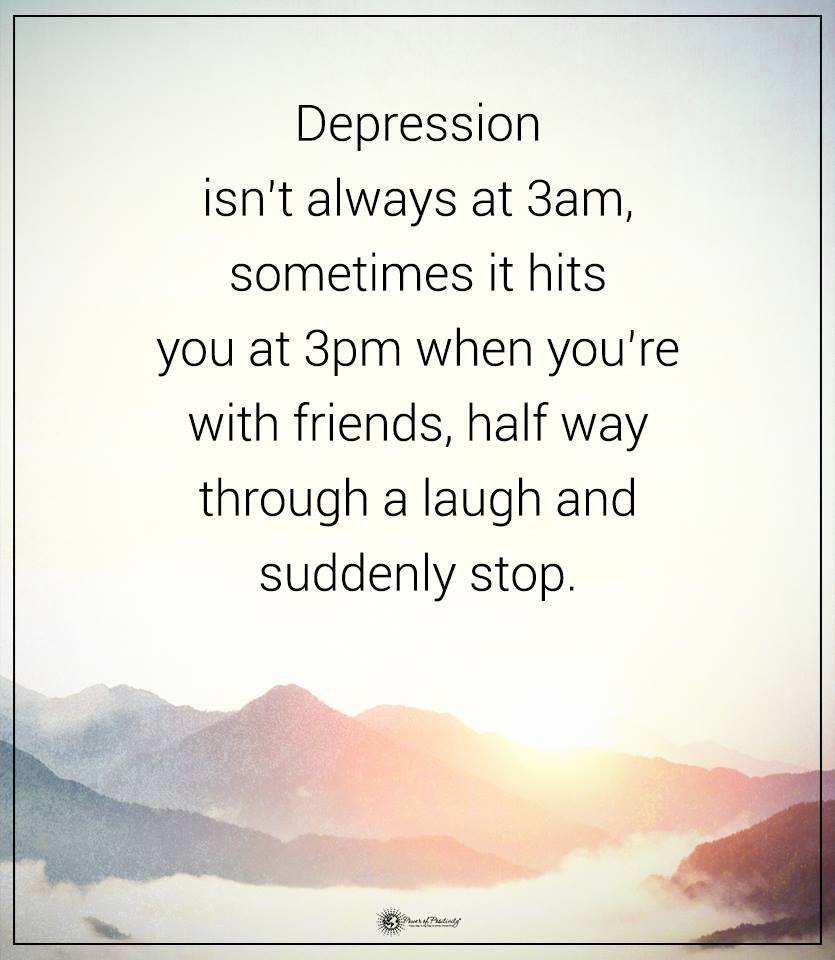Did you know that Vitamin D deficiency can lead to poorer mental health? Well, it can, and you must stay on top of your levels, especially in the wintertime when the sun is not out as much. Your body needs optimal levels of Vitamin D to function correctly. When your levels are too low, it can lead to seasonal affective disorder, schizophrenia in adults, and depression.
These are the most common types of mental health issues that can occur from low levels of Vitamin D. There is a multitude of other health conditions that can present themselves when Vitamin D is too low, including heart disease, rickets (in children), issues with low bone density and bone softening, and cancer.
What is Vitamin D?
Even though it’s referred to as Vitamin D, it acts as a hormone in the body. It’s processed by the kidneys and liver and converted to an active hormone. The brain has Vitamin D receptors like your heart and immune system. Researchers have found that many people with depression have insufficient Vitamin D levels in their blood, which also links to postpartum depression.
Sun exposure is the most natural way your body can acquire Vitamin D. Since it is a fat-soluble vitamin, you must supplement it with a healthy fat such as nuts or avocado for it to be adequately absorbed. If you choose not to take it with healthy fat, it won’t be absorbed nearly as well, and you won’t get the most out of your supplement.
There are Vitamin D receptors in four different places in our bodies: the brain, the heart, the muscles, and the immune system. This vital nutrient goes to the liver and the kidneys, converting it into an active hormone. When it’s in the active hormone form, it helps the body to absorb calcium. So as you can see now, the importance of optimal Vitamin D levels is multifaceted.
People with Depression Have an Increased Chance of Having Vitamin D Deficiency
Did you know that someone who is depressed has a higher chance of having a deficiency than someone who is not depressed? In some cases, Vitamin D deficiency is the only cause of depression. But in most cases, it’s multifactorial, with multiple reasons that someone suffers from depression. So it’s essential to address the whole person to treat it holistically. Anyone who attempts to treat depression should always know the Vitamin D levels of the person they are treating.
If you haven’t had your levels checked in a while, it’s essential to know the symptoms of Vitamin D deficiency:
- Forgetfulness
- Hair loss
- Bone pain
- Trouble sleeping
- Loss of interest in activities once enjoyed
- Increased anxiety
- Fatigue
- Mood changes
- Feelings of hopelessness
- Feelings of sadness
- Suicidal thoughts
- Decreased appetite or loss of appetite
- Excessive weight loss or weight gain
- Muscle weakness
- Getting sick more easily
See your doctor if you see any of these symptoms, especially if you experience them in multiples. They can test to ensure that isn’t the cause because it’s such an easy fix. In addition, it’s also important to be aware of foods that are naturally high in vitamin D, including:
- Egg yolks
- Fish liver
- Beef liver
- Canned fish like sardines
- Fish: tuna, trout, salmon mackerel, swordfish
- Cod liver oil
Some orange juices, plant and dairy milk, and cereals are fortified with Vitamin D and can be an excellent way to get Vitamin D through food.
Supplementation Guidelines
Vitamin D toxicity typically occurs from taking supplements. The lower levels of Vitamin D found in food are less likely to reach any level of toxicity. Even with supplementation, toxicity due to Vitamin D is rare, but it’s still something to be aware of.
The two primary forms of D are D2 and D3. Studies show that D3 is more effective at raising Vitamin D levels in the body, so D3 is the choice of most health practitioners when suggesting supplementation. Unless specifically recommended by a trusted healthcare professional, avoid taking more than 4,000 IU daily, which is considered the safe upper limit.
The RDA for children, teens, pregnant women, and adults nineteen years and older is 600 IU (15 mcg) daily; for adults over seventy, it’s 800 IU (20 mcg) daily. Therefore, it’s easy to remember since anyone less than 70 years of age should supplement with 600 IU, and seventy and over, bump it up to 800 IU.

Supplement Quality
Many people think that because they buy a supplement, it will automatically do what it says it does and have a therapeutic effect on the body. This is not necessarily the case, and sometimes they can cause harm. Avoid low-quality supplements. It’s better not to take them than to take them because they can be tough on the liver and cause toxicity. Many are buying supplements from Amazon, which are not regulated at all, or lower-priced discount supplements from the drug store. Many times lower quality supplements say they have x amount of whatever vitamin or nutrient. But that’s inaccurate. Besides that, they generally have lots of fillers which can also be harmful.
Every supplement you put in your body must be third-party tested. Instead of researching yourself, ask your physician, pharmacist, or mental health provider for a specific product recommendation.
Why is professional guidance important?
Supplements are not regulated by the FDA as drugs, only as food, and therefore need to be third-party tested. When supplements are third-party tested, you can ensure that the supplements you’re buying have what they claim to have in them. Third parties that test the various supplements have no relation to the company or incentive to misreport.
Advice From Harvard on Selecting Supplements (Vitamin D or Any Others)
Below is an excerpt from Harvard Medical School explaining what you should know when considering a supplement.
“It’s often hard to balance sober scientific judgments against simple, forceful claims for health in a pill. If you are considering taking a supplement, here are a few cautions:
-
Beware of extravagant claims; if it sounds too good to be true, it is usually not true.
-
Beware of testimonials and endorsements, especially from celebrities. Even the most sincere, well-meaning success stories offered by friends and relatives without financial incentives can’t establish a product’s safety or efficacy.
-
Beware of the idea that if a little is good, more is better. Although vitamin A is essential for health, for example, doses that exceed the RDA (3,000 IU a day for men, 2,330 IU for women) increase the risk of fractures. And as noted above, a high intake of folic acid may increase the risk of certain tumors.
-
Beware of meaningless terms. The list includes all-natural, antioxidant-rich, clinically proven, anti-aging, and other vague but seductive claims that a product will promote heart health, prostate health, sexual prowess, energy, weight loss, fat loss, muscle power, and the like.
-
Beware of interactions between supplements and medications. A survey of over 3,000 people ages 57 through 85 found that 49% used at least one supplement, 81% used at least one prescription medication, and 37% of men over 74 used five or more prescription drugs. Always tell your doctors and pharmacists about any supplements you take and ask specifically about potential interactions with your prescription and over-the-counter medications.
-
Beware of adulterated products. The FDA has withdrawn over 140 products that were laced with undisclosed pharmaceutical ingredients. Products touted for sexual performance, weight loss, and athletic performance are the most likely to be contaminated with medications.
-
Beware of products that contain less — or more — than they claim. Since you won’t have the protection of FDA oversight, it’s hard for you to know what you’re actually getting. In general, products that are voluntarily submitted for approval by private organizations like the United States Pharmacopeia (USP) or NSF International are your best bet.”

Final Thoughts on Vitamin D and How It Can Impact Mental Health
Vitamin D deficiency can cause depression and other mental health issues, so you must be aware of your levels and that even if you do have low levels of Vitamin D, that likely isn’t the only cause of the mental health concern. Age can contribute to a deficiency because older adults generally spend less time in the sun, and the skin becomes less efficient at producing it. If you or anyone you know is suffering from depression or any other mental health concern, reach out to a holistic provider and make sure you know your Vitamin D levels.
Always remember to take Vitamin D alongside a healthy fat and don’t exceed over 4000 IU daily without getting tested and explicit instruction from your mental health provider. Only consume high-quality, therapeutic-grade supplements, third-party tested, so you know they’re safe.


















